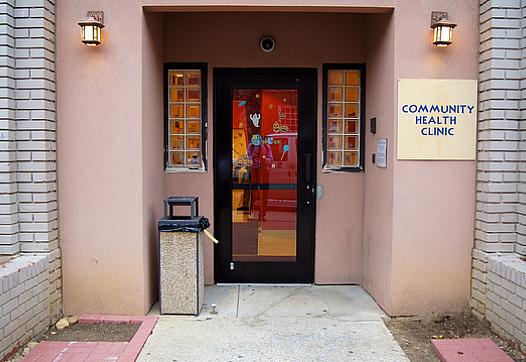
Sexual health and reproduction are not openly discussed in the Vietnamese family beyond discouraging premarital sex, and there are few resources to help families navigate the challenges of a cross-generational, cross-cultural "sex talk."

Sexual health and reproduction are not openly discussed in the Vietnamese family beyond discouraging premarital sex, and there are few resources to help families navigate the challenges of a cross-generational, cross-cultural "sex talk."

It’s been almost five months since the Ebola virus was first diagnosed in the U.S. What have we learned from it?

Penalty programs created under the Affordable Care Act are intended to improve quality of care at hospitals. But will they succeed?

There are around 120,000 indigenous Mexican migrants living in California. Most of them are farmworkers, face poor living conditions and higher than normal rates of illnesses. Many don't speak English or Spanish and are living in the country illegaly. They typically don’t have access to health care.

Every state has some agency that oversees the licensing of physicians. And in those files are dozens of stories you should be writing about. Here's how to start using licensing and discipline records to find story leads and strengthen your reporting.

A leading researcher on the ways in which doctors talk to parents about vaccines has a new suggestion for how we might boost immunization rates. Drawing on the theory of nudges, Dr. Douglas Opel suggests parents should have to "opt-out" of vaccinating their kids rather than "opt-in."

With high rates of many mental illnesses and not much money to treat them, are the rural counties of far-northern California destined for meager mental health services? What's lacking in these systems, and - perhaps more importantly - how did ones in similar areas overcome the same problems?

At La Clínica de la Raza in Northern California, the surge of new Medicaid enrollees has made it difficult for the clinic to meet the demand for care. But the need to make the most of limited resources has also led the organization to adopt new innovations, such as the "morning huddle."

Join us for an timely discussion of Medicare's recent announcement that it will start paying doctors based on the quality of the care they provide, rather than the quantity.

Even after Obamacare, millions of people still don't have health coverage in California. How are these remaining uninsured going to be taken care of? That question has yet to be answered, but the debate around the issue -- which is tricky politically and financially -- is bound to be contentious.